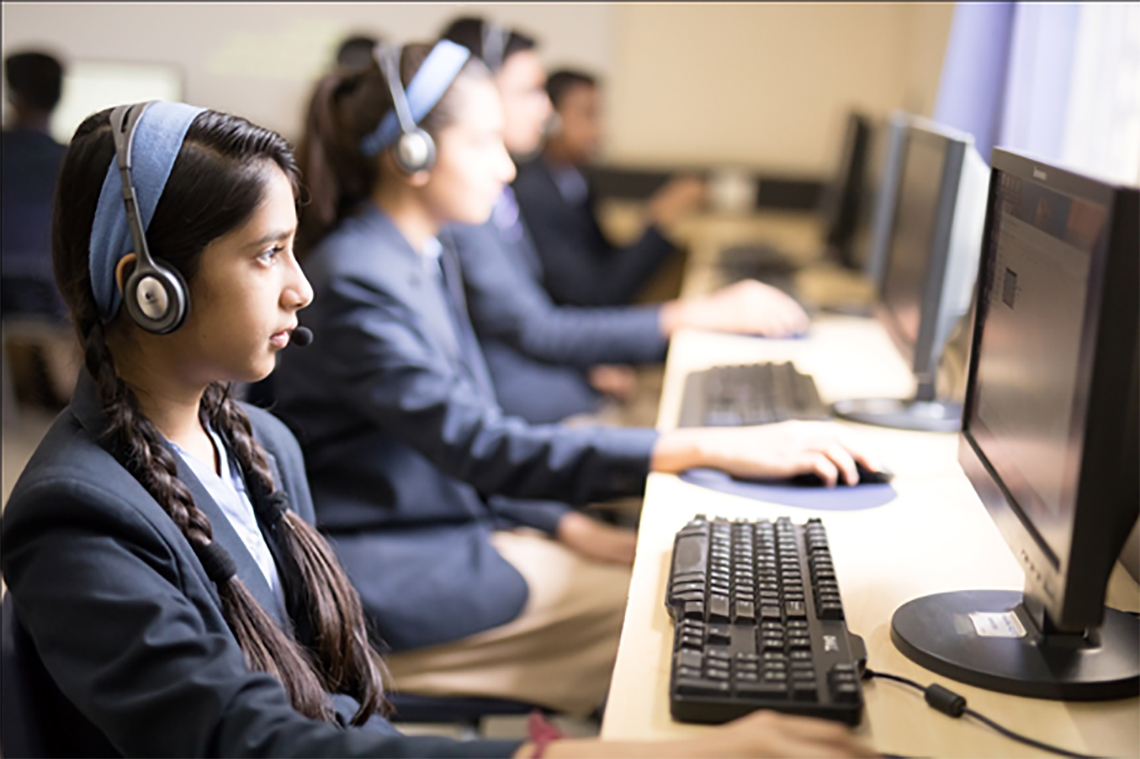Artificial Intelligence (AI) has become an integral part of our lives. From smartphones to smart homes, AI has transformed the way we interact with technology. While AI has brought many benefits, it has also raised concerns about its impact on children.
Since December, 2022 the rate at which AI searches have risen on Google are incredibly. ChatGPT one of the most famous AI tools today has also gone on to pass many University exams of varied difficulty level. In fact, it is also said that AI will probably render a lot of jobs obsolete. There are many other AI softwares these days that can even design for you – from art to entire websites.
Not to forget that AI was a part of our daily lives long before it became the viral sensation it is today. From automations, machine learning to chatbots – everything is AI and while it can have significant cons, it can also have a lot of pros. Let’s discuss!
Pros:
Personalized Learning: AI-powered tools can help personalize the learning experience for children. For example, adaptive learning systems can adjust the difficulty level of a lesson based on a child’s ability. This allows children to learn at their own pace and helps them achieve better outcomes.
Improved Healthcare: AI has the potential to revolutionize healthcare for children. AI-powered medical devices can help diagnose diseases and monitor health conditions. AI can also help doctors predict health outcomes, which can lead to better treatment and prevention.
Enhanced Safety: AI can enhance the safety of children in various ways. For instance, AI-powered systems can detect and prevent cyberbullying, which is a growing concern for children. Additionally, AI can be used to monitor children’s behavior and alert parents or authorities if there is any danger.
Interactive Toys: AI-powered toys can provide children with a fun and interactive experience. For example, some toys use voice recognition to interact with children and respond to their commands. This can help children develop their language and social skills.
Simplified Tasks: AI can simplify many tasks for children. For instance, voice assistants can help children with homework or answer their questions. This can save time and effort for both children and parents.
Cons:
Job Displacement: AI has the potential to replace many jobs that are currently done by humans. This could lead to high levels of unemployment, which could have a negative impact on children in the future.
Dependency: Children who grow up using AI-powered tools may become overly dependent on technology. This could lead to a lack of critical thinking skills and creativity.
Privacy Concerns: AI-powered systems often collect large amounts of data about users. This can raise privacy concerns, especially when it comes to children. Parents must ensure that their children’s data is secure and not being used for nefarious purposes.
Bias: AI algorithms can be biased, which can lead to unfair outcomes for children. For example, facial recognition systems may not work well for children from certain ethnic backgrounds. Parents must be aware of these biases and take steps to ensure that their children are not adversely affected.
Addiction: AI-powered tools, such as social media platforms and video games, can be addictive. Children may spend excessive amounts of time on these platforms, which can have a negative impact on their mental and physical health.
AI has the potential to be both boon and bane for children. While AI-powered tools can enhance learning, improve healthcare, and enhance safety, they can also lead to job displacement, dependency, privacy concerns, bias, and addiction. As parents, it is essential to monitor and regulate their children’s use of AI-powered tools. What do you think about this?
